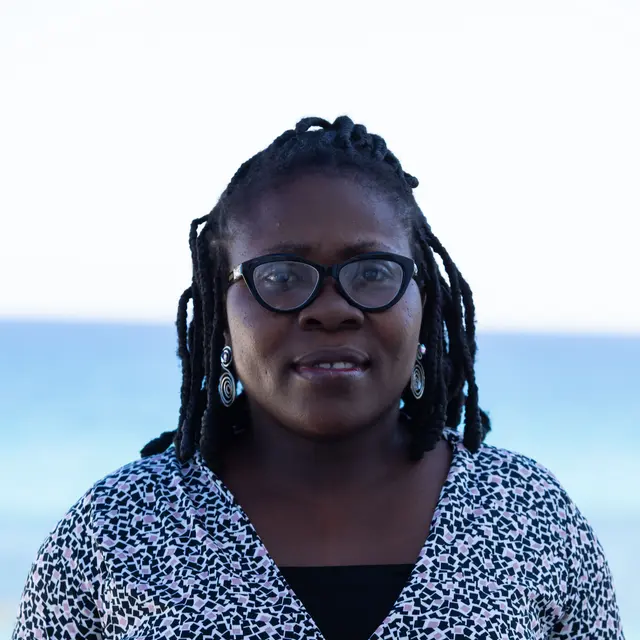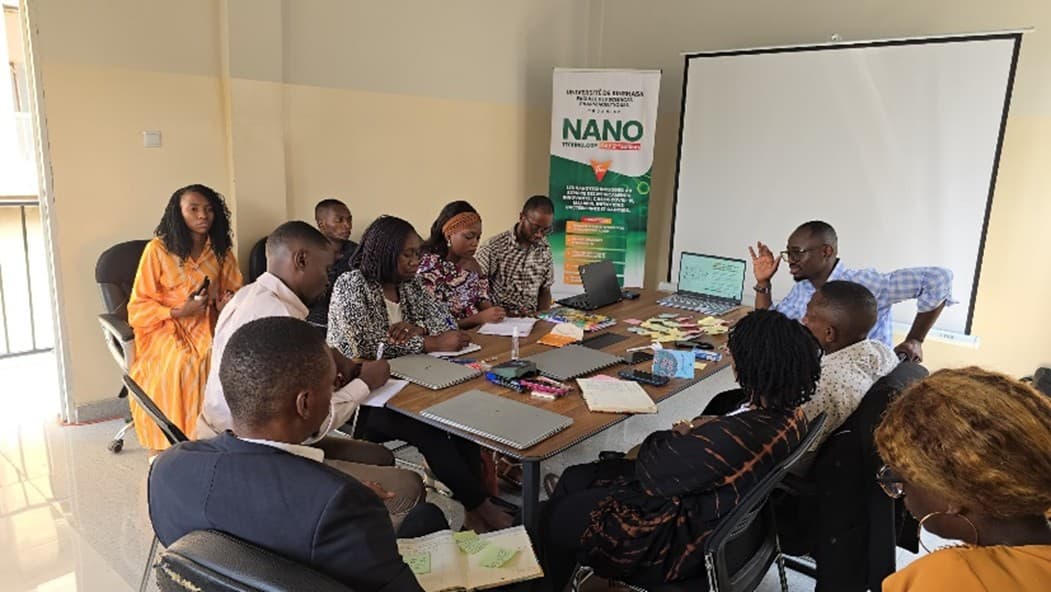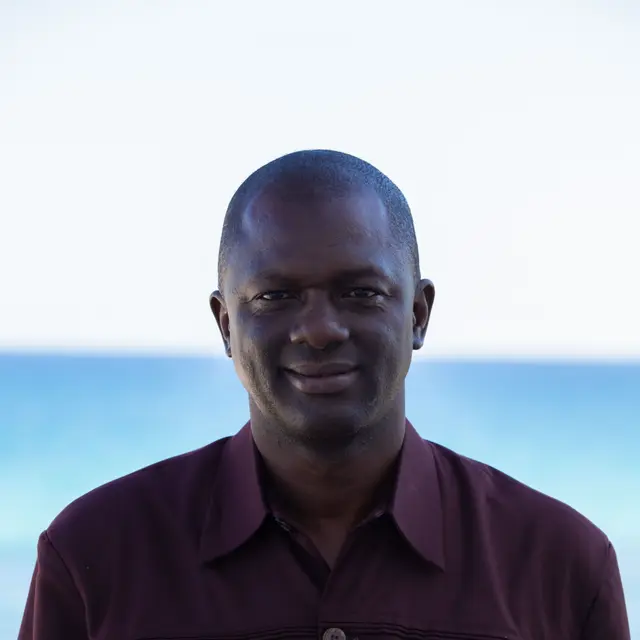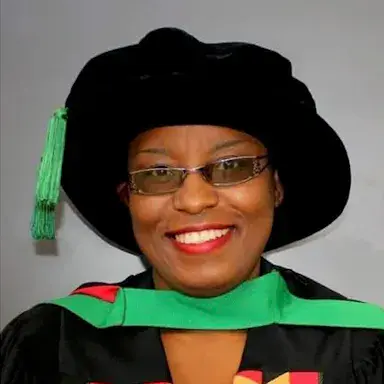News

AAS Fellow Prof Cato T. Laurencin represented the U.S. at the third annual U.S.-Africa Frontiers of Science, Engineering, and Medicine Symposium, held in Kigali, Rwanda from 18-20 February 2025.
More than 100 scientists, engineers, and medical professionals from 16 African countries and the United States discussed advances across a broad range of multi-disciplinary topics, including Biotechnology, New Solutions for Decarbonization, Advances in Space Research, Smart and Connected Cities, and Precision Agriculture. AAS Fellow Prof Cato T. Laurencin has served as a distinguished member of the Oversight Committee for the National Academies of Sciences, Engineering, and Medicine since its inception.
Sponsored by the National Academies of Sciences, Engineering, and Medicine, the U.S.-Africa program brings together outstanding young scientists, engineers, and medical professionals from the U.S. and the member countries of the African Union to discuss exciting advances and opportunities in their fields. The goal of the meetings is to enhance the scientific exchange and dialogue among young researchers in African countries and the U.S., including the African science diaspora, and through this interaction, facilitate research collaboration within and beyond the region.
Prof Laurencin, an internationally recognised scientist, engineer, and surgeon, is actively involved in Africa through his work with the African Academy of Sciences (AAS) and other African scientific organisations. He has been a fellow of the AAS since 2012. Prof Laurencin also participated in the first U.S.-Africa Frontiers of Science, Engineering, and Medicine symposium, contributing to discussions on research collaboration and scientific exchange between African countries. He also spoke at the 2024 Galien Forum in Dakar, Senegal, on the role of women in STEM in addressing environmental crises in Africa.
Prof Laurencin is a fellow of the Senegalese Academy of Arts and Sciences, and a fellow of the Benin National Academy of Science and Arts. He received the 2019 UNESCO-Equatorial Guinea International Prize for Research in the Life Sciences at the African Union Heads of State Summit in Addis Ababa, Ethiopia, becoming the first American to earn this prestigious award.
Original article written by Jon D'Arpino published on UConn Today.




